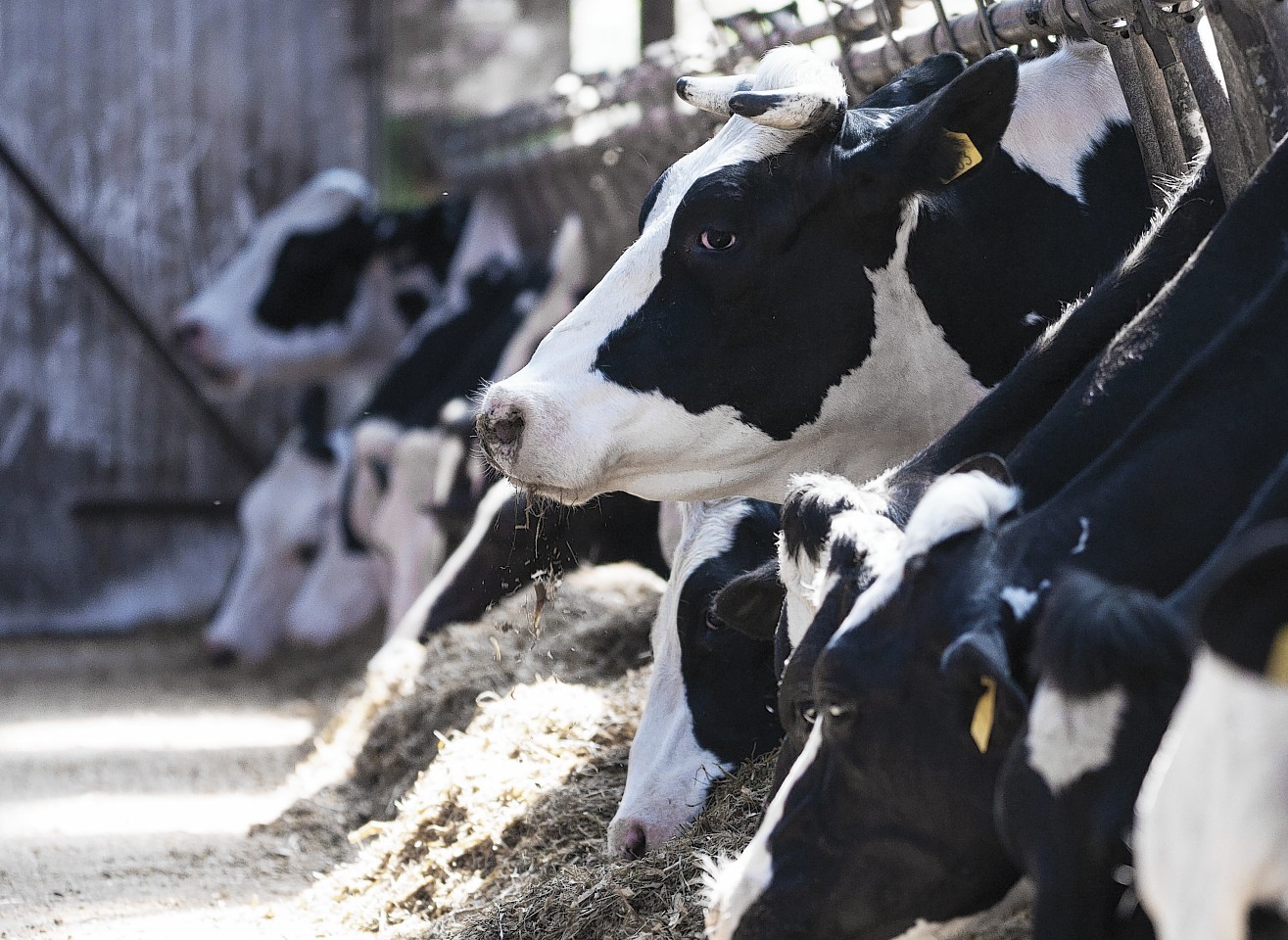Britain’s largest milk processor plunged further into the red last year despite a 24% increase in turnover.
Arla Foods Limited – the British arm of European dairy farmers’ co-operative Arla – posted pre-tax losses of £87.968million in the year ended December 31, 2014.
This represents a 368% increase in pre-tax losses, which stood at £18.78million the year before.
The pre-tax losses take into account exceptional costs of £6.295million, which includes £2.258million for head office restructuring costs and £559,000 of non-capital start-up costs for phase two of the new Aylesbury milk processing plant. The £150million plant, which opened in May last year, is the largest fresh milk processing facility in the world and capable of processing up to 1.5million bottles of milk a day.
The accounts, filed with Companies House, reveal turnover at the firm was £2.99billion, from £2.41billion previously.
The bulk of sales at the firm, which produces Lurpak, Anchor and Cravendale, was in the UK at £2.963billion. This is up from £2.389billion in 2013.
Sales to Europe were worth £27.053million, from £22.376million previously, while sales to the rest of the world were worth £111,000.
The accounts also reveal that pay to the company’s directors was £2.206million, compared with £1.885million the year before.
The highest-paid director took home a pay cheque of £526,000 – this is up 8% on 2013 when they got paid £487,000.
In a statement accompanying the accounts, the firm said: “2014 was very challenging as significant volatility in the global market saw the record high prices for global dairy commodities seen in the early part of the year quality reverse as global supply started to outstrip demand. This was exacerbated by the fall in Chinese consumption of dairy products and the ban on European dairy products instigated by Russia.”
The firm said it had successfully recruited more than 200million extra litres of milk in the year, and its UK owners were now providing around 20% of Arla’s owner milk globally.
On future prospects, it added: “The second half of 2015 will continue to be challenging for the whole sector in the UK and the global market situation is tougher than ever before for all.”
